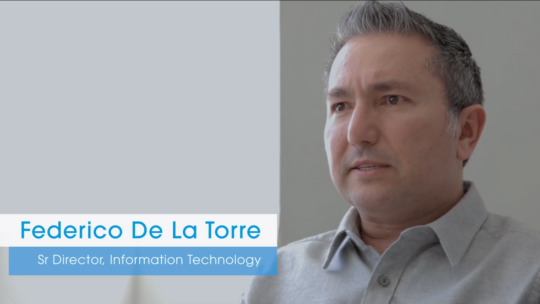

2023–2025
Flex was recognized as a World’s Most Ethical Company by Ethisphere for three consecutive years

2023
Manufacturer of the Year awarded to Flex for innovation and leadership across manufacturing technology, supply chain, and sustainability initiatives

2024
Talent Board awarded two Global Candidate Experience (CandE) Awards to Flex in APAC and EMEA.

2023
Fortune named Flex to its 2023 World’s Most Admired Companies list
From design engineering and manufacturing specialists to global operations and corporate finance, browse our open positions in 30 countries. Choose from a variety of opportunities across different disciplines and apply directly through our website or with your LinkedIn profile.
Questions? Get answers to the most common questions about our hiring process.
Recruitment fraud is on the rise. Learn more about how to identify fraudulent behavior in the recruitment process here.
We foster a learn-and-adapt mentality and cultivate a work environment of continuous improvement. We invest in today and tomorrow’s industry experts and leaders to acquire new skills, knowledge, and experiences. You can grow your career and prepare for challenging and versatile roles through our formal, on-the-job, and upskilling learning programs and opportunities.
Members of our talent acquisition team share insights about the recruitment process and how to make your resume stand out.
Our employees are the lifeforce of our company, and we strive to reflect this value in our culture and compensation. Our total rewards packages are informed by market data, company results, employee performance, grade-level, and location. We aim to provide our employees with support for all dimensions of their lives, including financial security, health, and work-life balance.
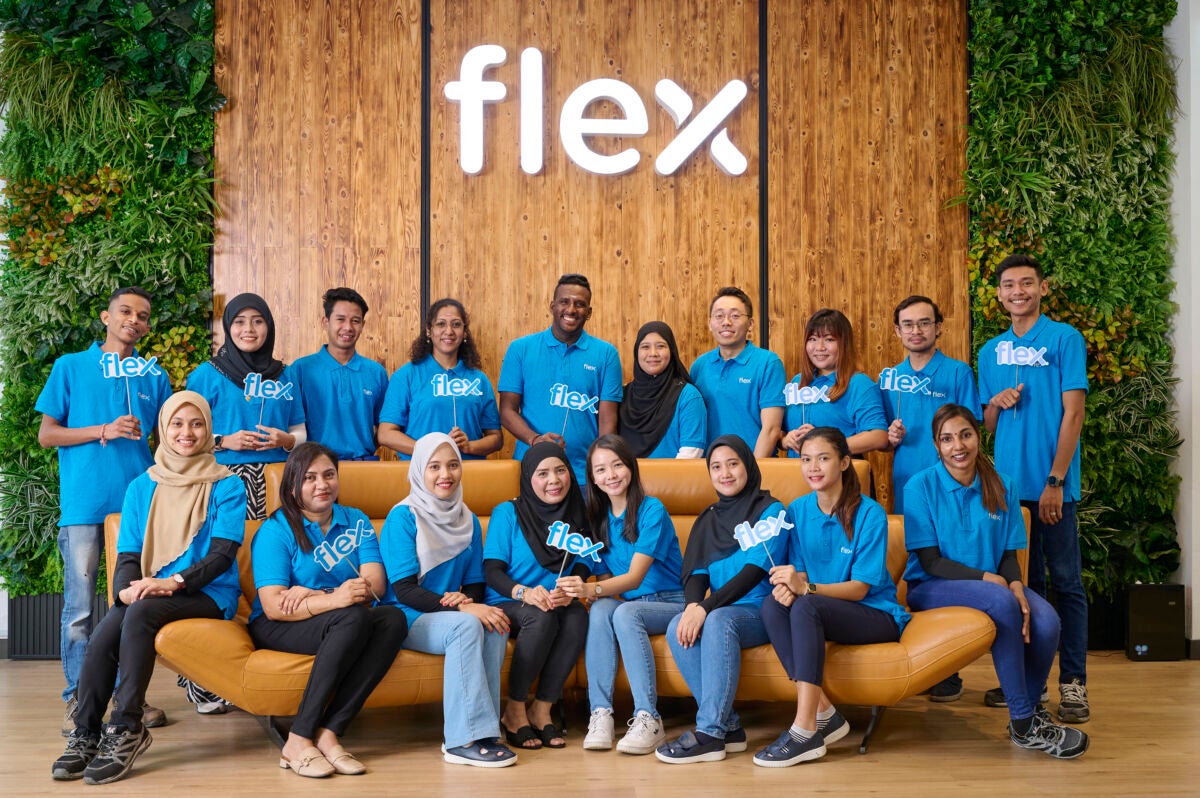
We foster a growth mindset centered on continuous improvement and invest in industry experts and leaders to acquire new skills, knowledge, and experiences.
We promote development that inspires personal and professional growth and advancement through multiple career acceleration programs. Through our initiatives, we’re investing in the leaders of today and tomorrow, with programs designed to develop team members at Flex sites globally.
We also provide various learning opportunities including formal training, on-the-job experience, and upskilling programs. These include our Mechanicals University, Master’s Degree Program in collaboration with multiple universities across Mexico, and our global CAP Quality certification program. These resources support our employees’ growth at any stage of their career.
At Flex, we prioritize employee safety, wellbeing, and development. Our early career programs include opportunities in manufacturing and design, from technical to non-technical roles. Our internship, apprenticeship, and co-op opportunities are designed to help you develop a wide variety of skillsets and gain hands-on experience with advanced manufacturing processes and concepts.
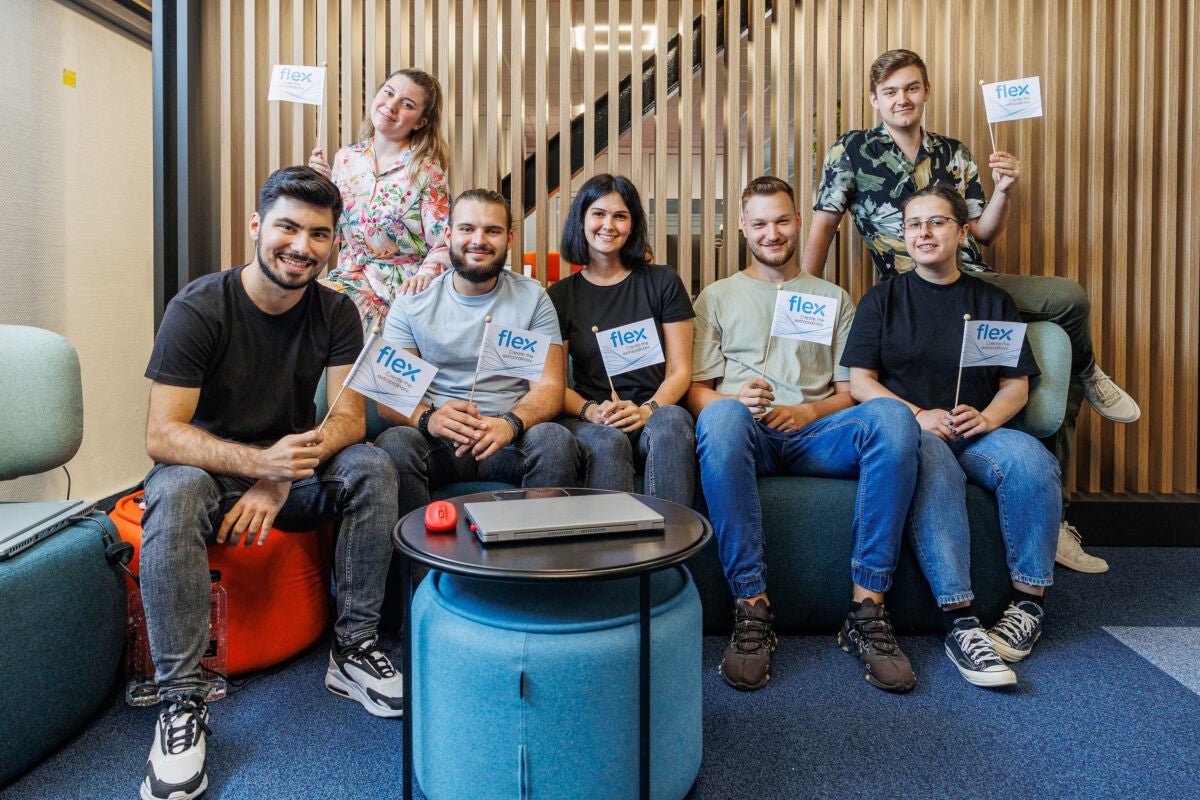
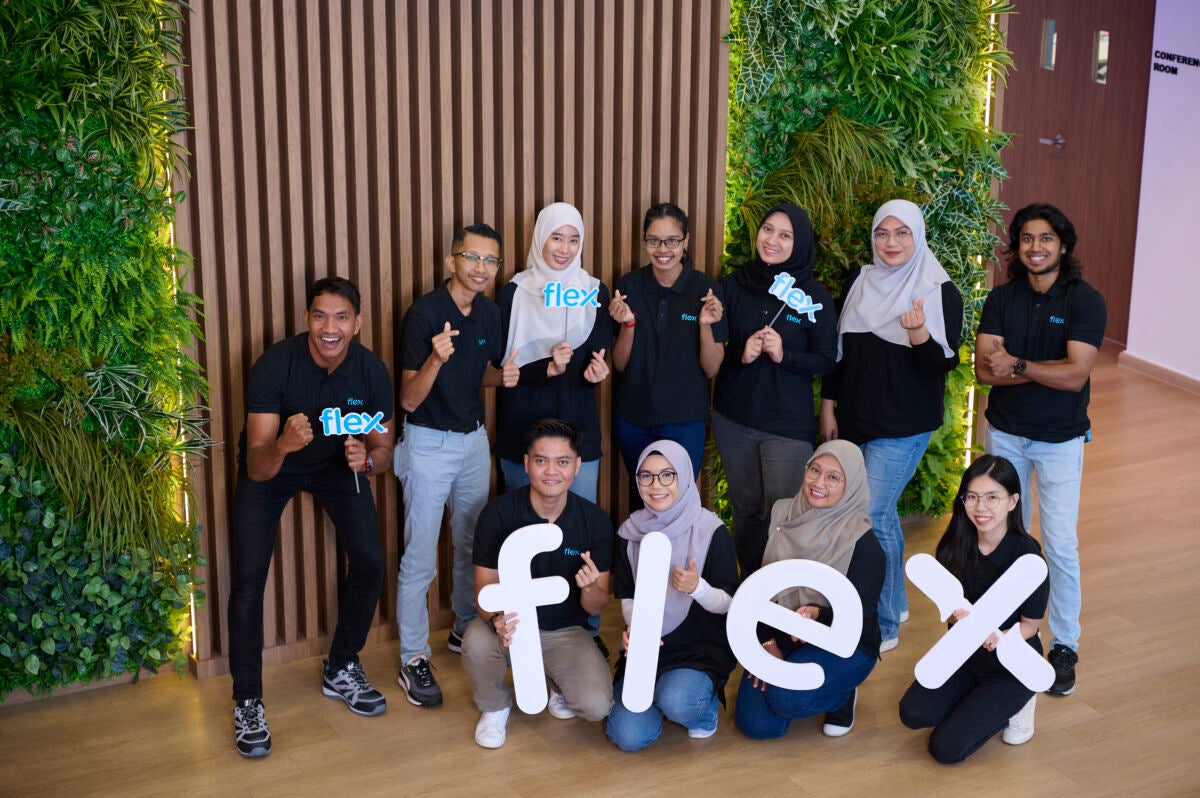
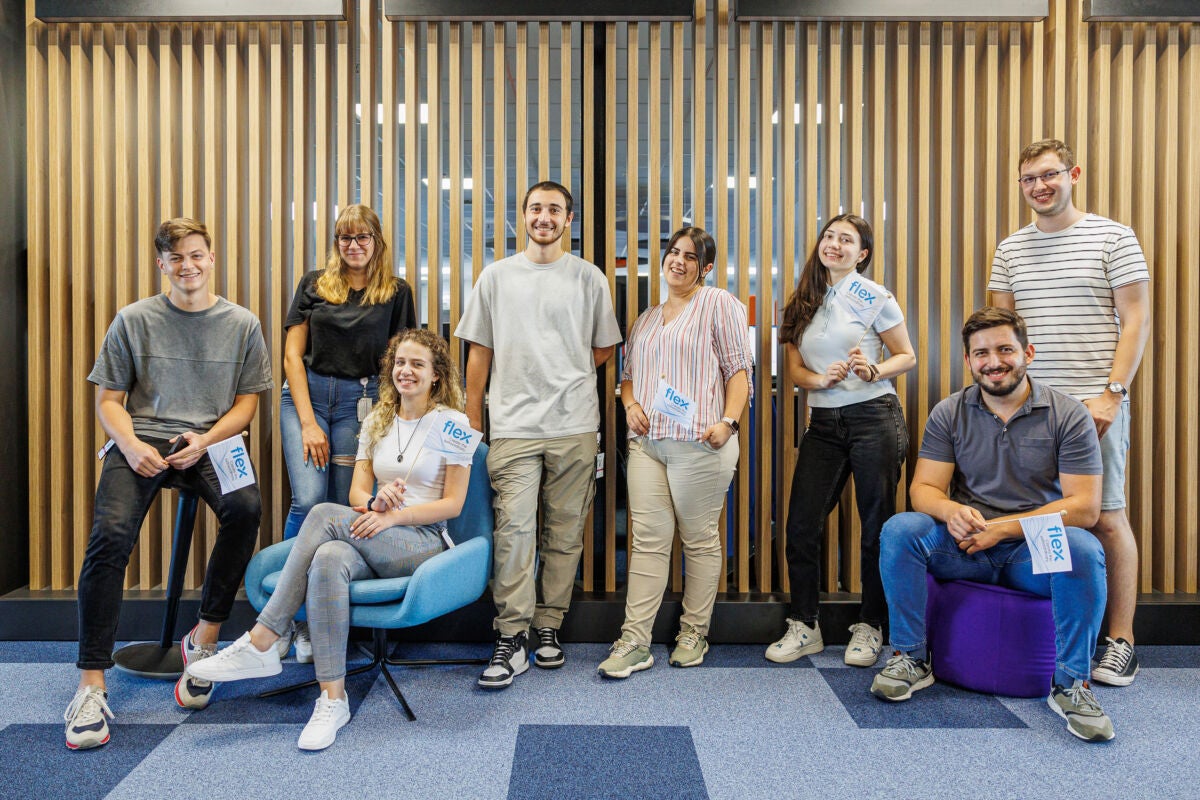
Our local programs dedicated to early career talent provide meaningful, hands-on opportunities for students and graduates to work in a business and manufacturing environment and learn new skills. Choose from a wide range of career paths before committing to a full-time job with internship and apprenticeship opportunities available in engineering, business analysis, automotive engineering, product design, IT, mechanical engineering, polymechanics, and more.
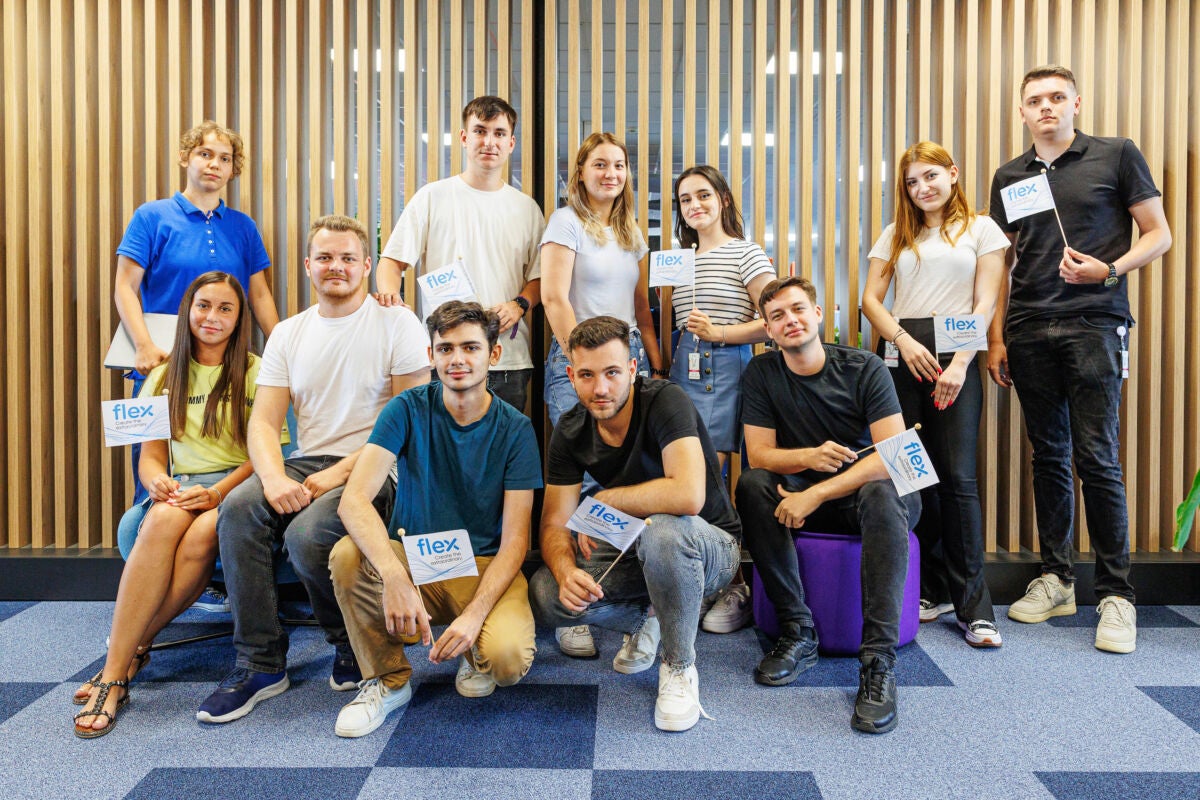
Jump start your early career with one of our paid part-time or full-time internship opportunities for students in Flex locations throughout the Canada, U.S., Mexico, EMEA, and APAC.
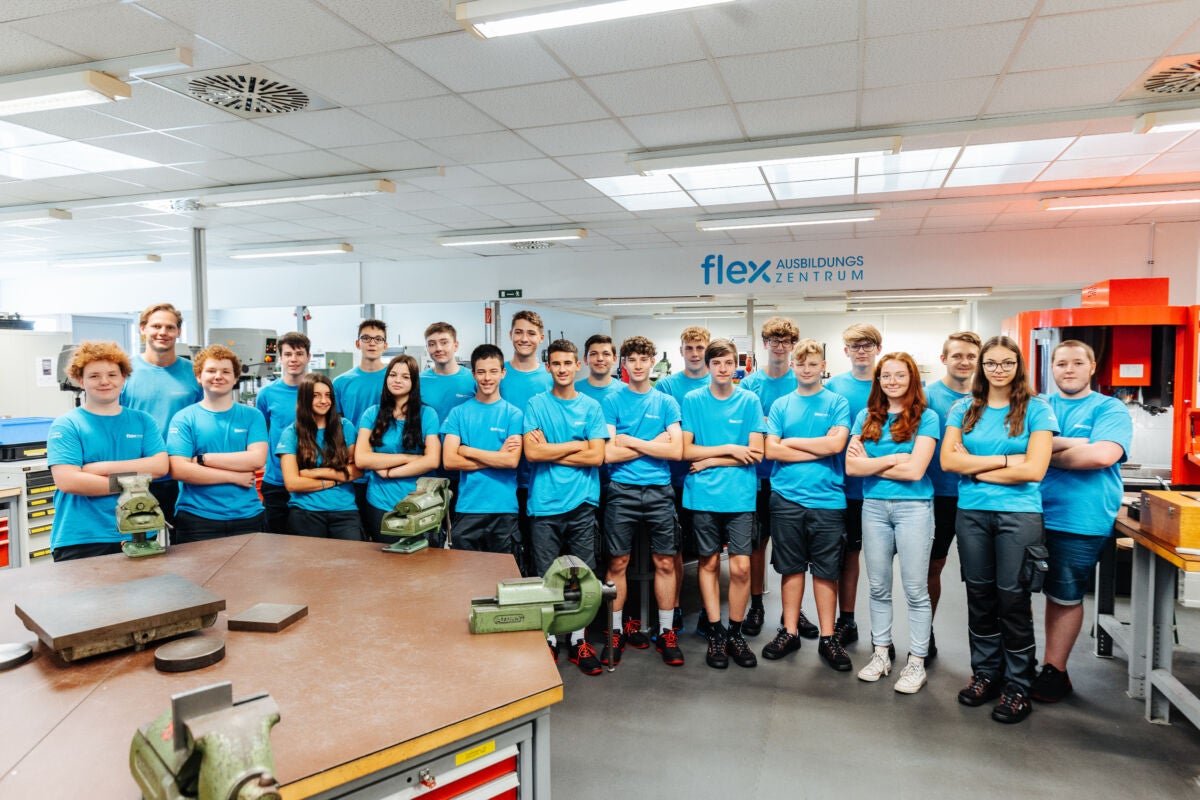
We offer structured multi-year paid apprenticeship experiences throughout regions of EMEA, with 80% of your learning happening within the Flex site.
Flex is a global leader providing creative and valuable solutions. Being a firmware engineer, I thought an internship would be a great opportunity to work with the automotive team at Flex and contribute to innovative solutions.
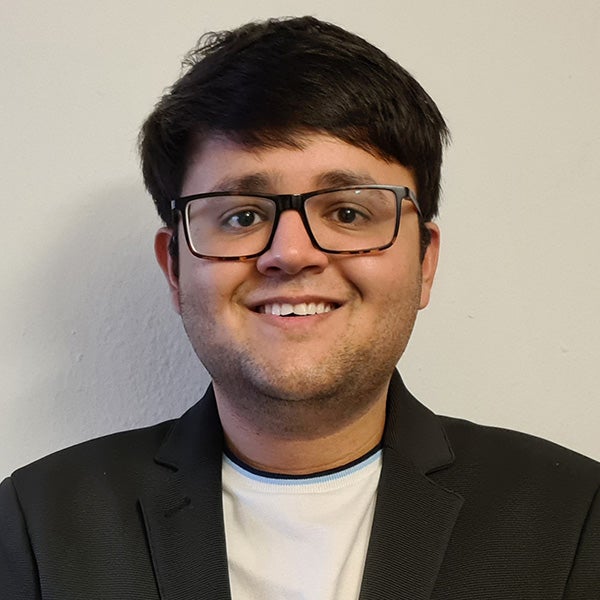
— Kapil Mulchandani, Stuttgart Design Center, Germany
I embraced the challenge and the open, collaborative culture made it easy for me to adapt to this experience.

— Evelin Chavez, Mexico
Having an internship experience at such a reputable organization can significantly enhance one’s resume and open doors for future career opportunities.

— Rishalni Chandrasekaran, Malaysia
I am learning engineering skills from the most fundamental to advanced techniques. In addition, I am getting trained with soft skills and leadership abilities since the curriculum focuses on more than the technical aspects.
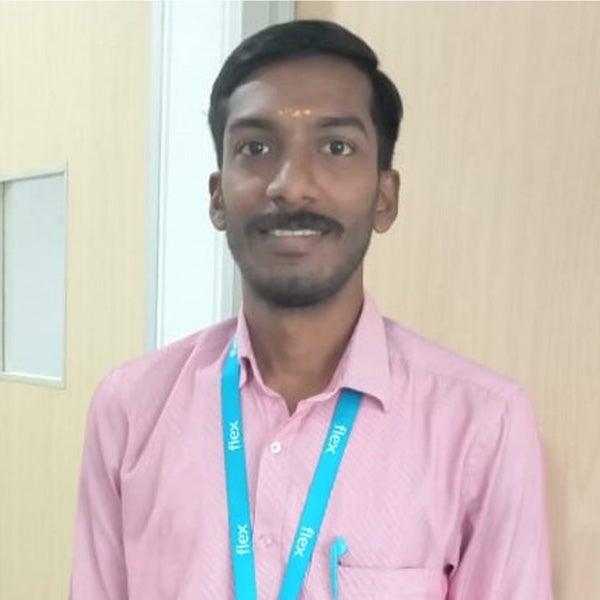
— Palaniraj M, Chennai, India
An extraordinary learning lesson I got from my time at Flex is that it’s often the tiny details that matter and that it’s important to have a good team to work with.
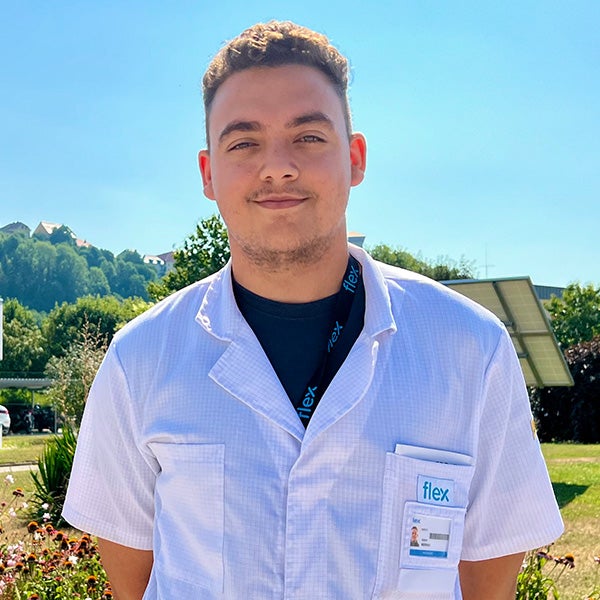
— Adam Wernig, Austria
I learned so much about the manufacturing industry, and there is so much more to learn, but I think the most valuable lesson was how to be a more confident communicator.

— Brooke Anderson, U.S.